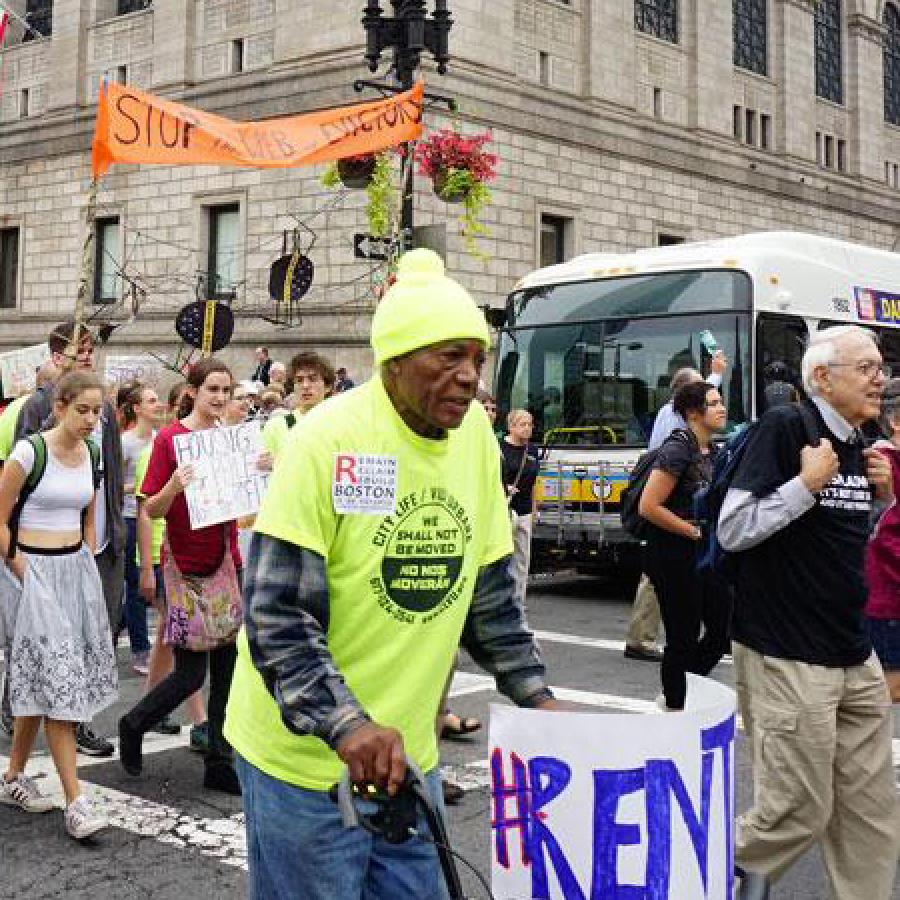Stop the Abuse of Court-Imposed Fines and Fees
More than $50 billion in debt is currently being held by approximately 10 million people because of their involvement in the criminal justice system. Much of this debt is because low-income people simply do not have the money to pay fines and fees.
While “debtors’ prisons” are technically outlawed, courts and police departments have used loopholes within the law to place people in jail for the nonpayment of fines and fees. The practice, which targets the most vulnerable communities, plays an integral role in wealth and income inequality, and contributes to the growing racial wealth gap in our country.
But researchers around the country have shown that fees can be limited and debt collection practices can be managed in a way that does not prey on low-income communities. Policymakers can limit the use of fines and fees that directly contribute to burdensome debt, create barriers to housing and employment, and result in imprisonment and recidivism.
Ending the Debt Trap: Strategies to Stop the Abuse of Court-Imposed Fines and Fees, a new brief from PolicyLink, lifts up promising strategies that are being implemented across the country to ensure that judicial fines and fees do not contribute to burdensome debt for low-income communities and people of color. The brief looks at ways in which the use of fines and fees has expanded over time, the impact of these practices, and the inefficiency of these policies as a budget tool for local governments.


